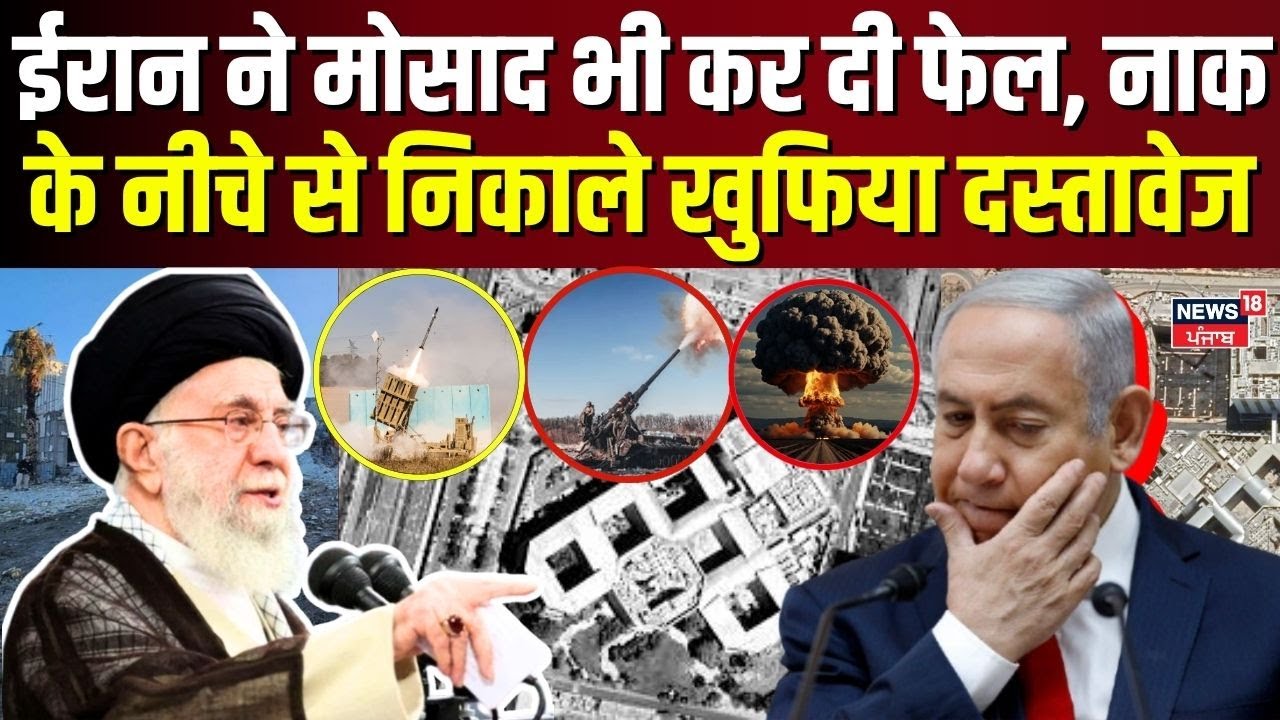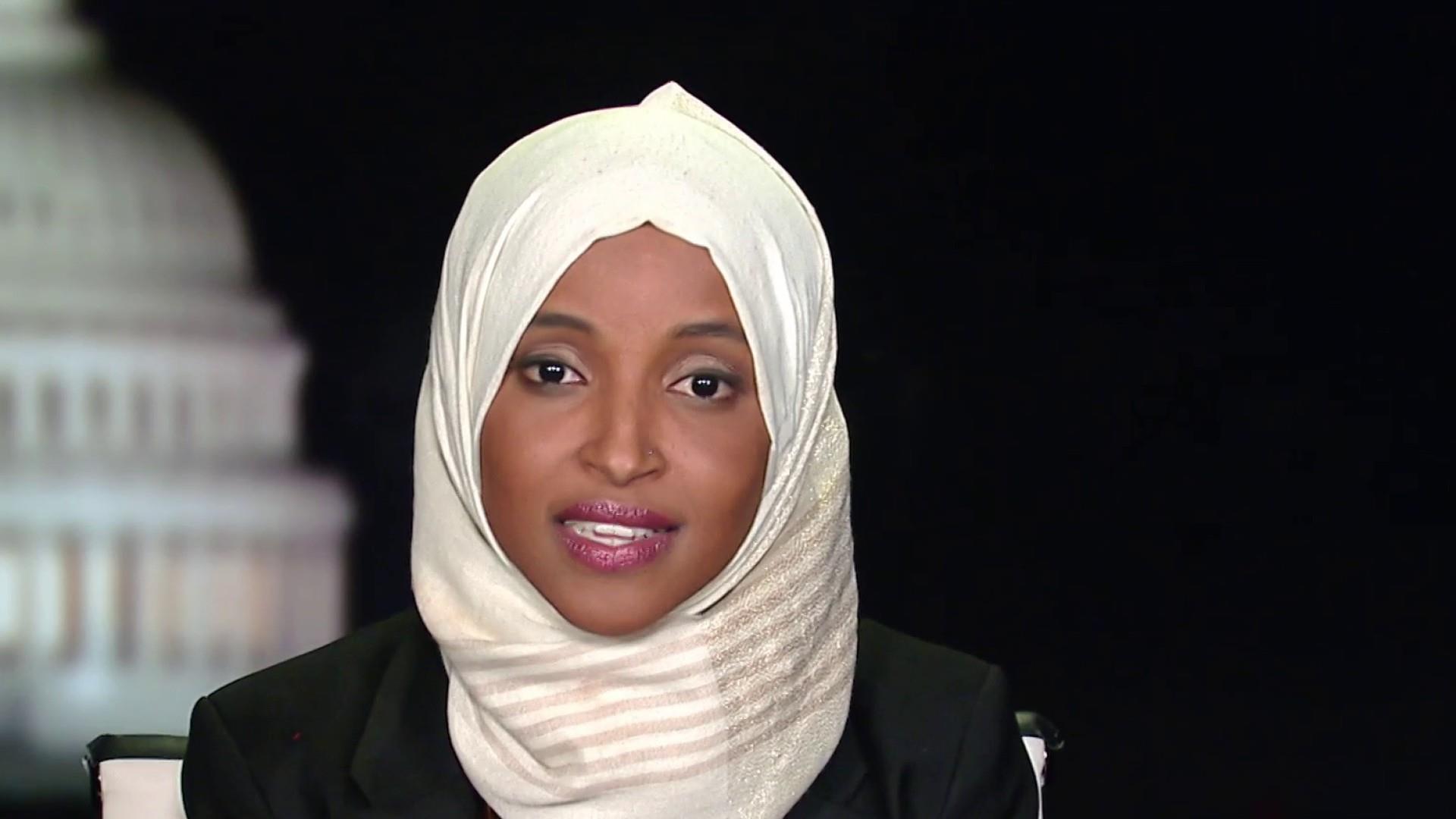Welcome to yougotdoge.com
President Trump recently expressed concerns regarding potential military action by Israel against Iran, hinting that while he wouldn’t label it as “imminent,” the possibility is certainly there. He emphasized the critical stance the U.S. takes on Iran’s nuclear ambitions, stating unequivocally, “Iran cannot possess a nuclear weapon.”
Trump conveyed a desire for diplomatic relations, suggesting that the U.S. is open to trading and assisting Iran, provided they are willing to renegotiate some aspects of their nuclear program. He indicated that a resolution is within reach, but it needs to be more favorable than what has been proposed thus far.
In light of rising tensions and uncertain negotiations surrounding Iran’s nuclear capabilities, Trump announced precautionary evacuation measures for American personnel in the Middle East, indicating that security concerns could escalate. Specifically, the U.S. embassy in Iraq has initiated partial evacuations, while other embassies are on alert, although some reports have been denied by embassies in Bahrain and Kuwait.
Trump reiterated the necessity of protecting American citizens, saying, “We have a lot of American people in this area… I don’t want to be the one that didn’t give any warning.” He has consistently maintained that Iran must not be allowed to advance its nuclear program, which he views as a direct threat.
Meanwhile, negotiations led by Special Envoy Steve Witkoff are set to continue, but there remains a significant deadlock concerning Iran’s uranium enrichment levels. The International Atomic Energy Agency (IAEA) recently reported that Iran’s stockpiles of enriched uranium have surged, raising alarms about their nuclear ambitions.
As the situation evolves, the potential for diplomatic or military action looms large, with various international entities keeping a close watch on Iran’s compliance with nuclear agreements and the implications of their actions on regional stability.





